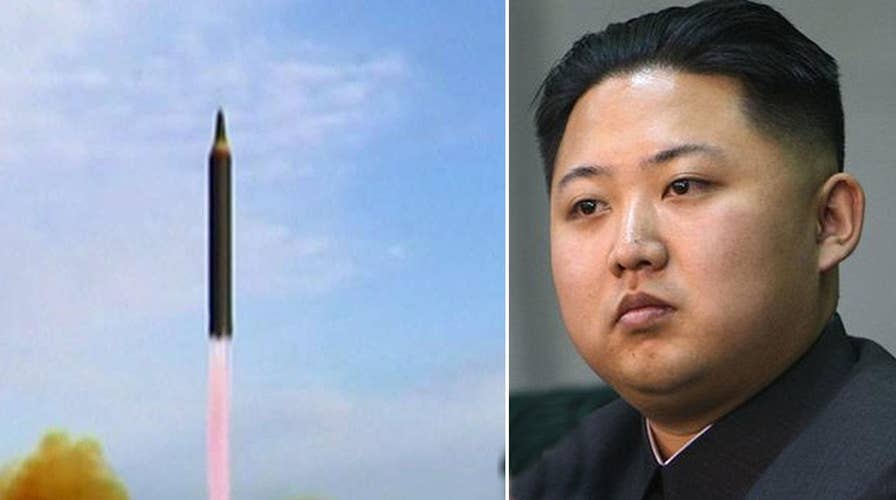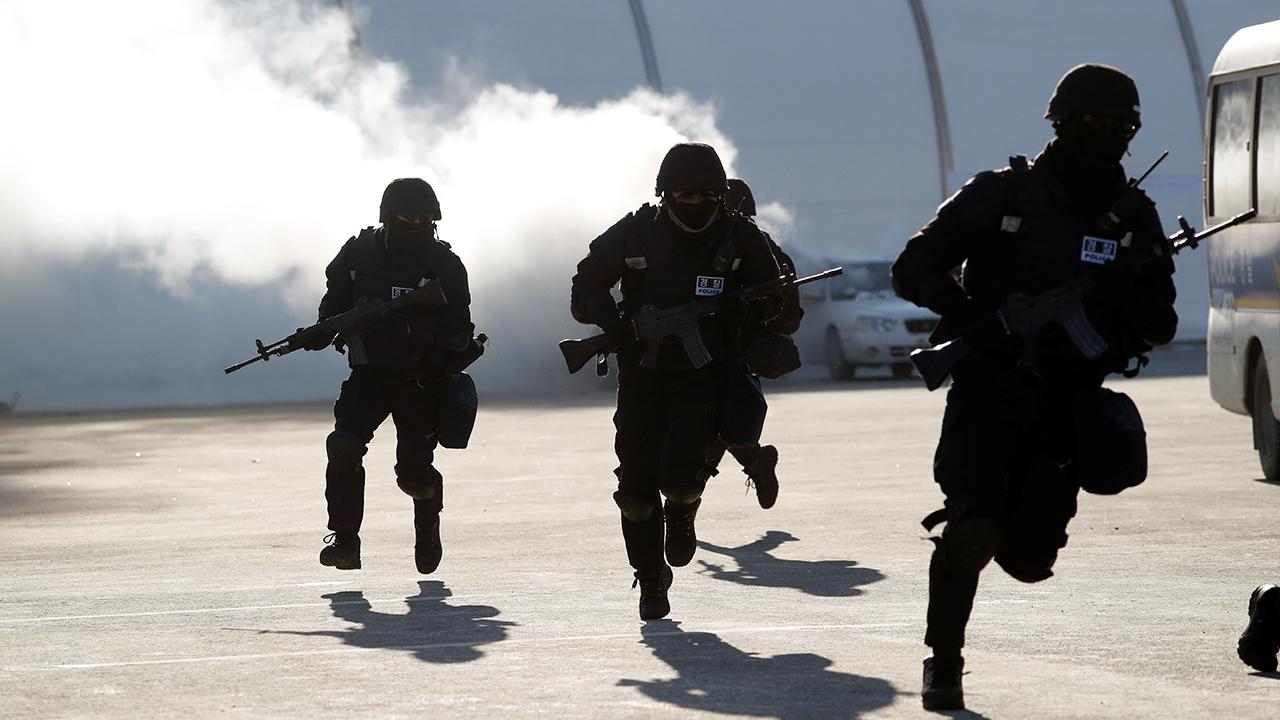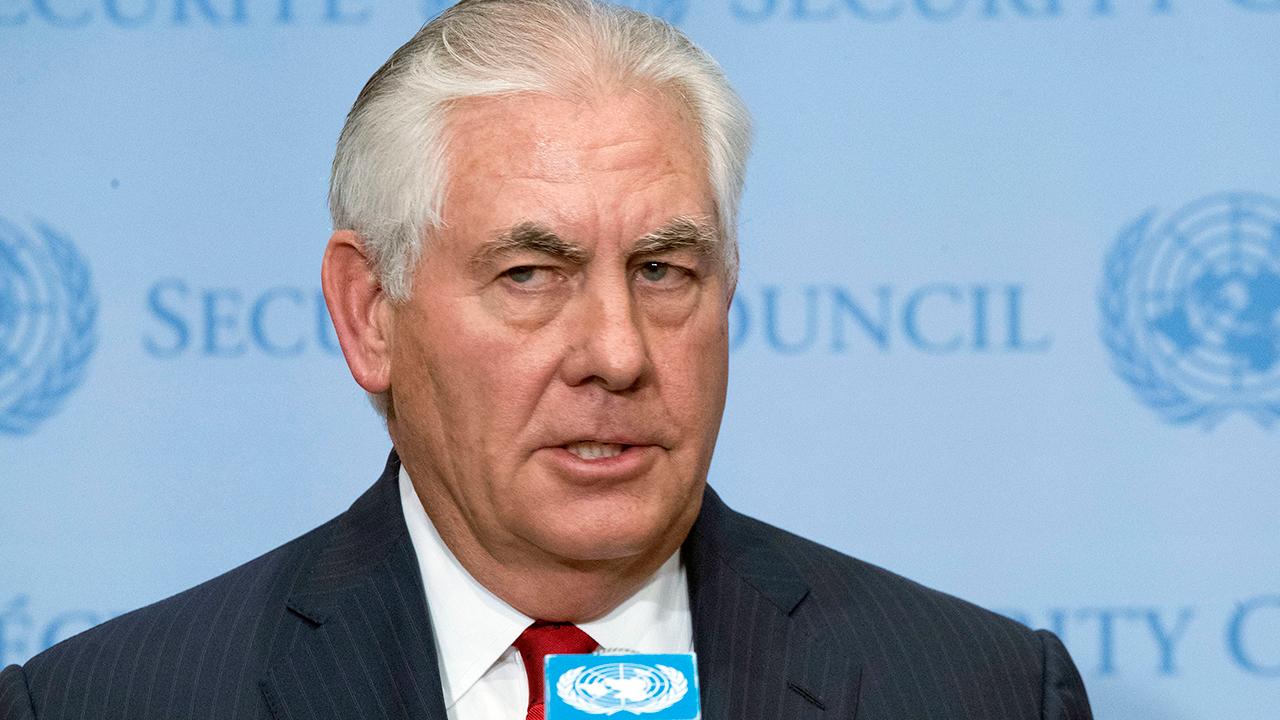North Korea vows to beef up nuclear arsenal
Kim Jong Un seeks to increase quality and number of weapons.
Australian police have arrested a Sydney man accused of acting as an agent for North Korea by allegedly attempting to broker sales for Pyongyang including components used in ballistic missiles.
"This case is like nothing we have ever seen on Australia soil," Australian Federal Police Assistant Commissioner Neil Gaughan told reporters Sunday morning. "This is black market 101."
The suspect has been identified as a 59-year-old naturalized Australian citizen who was born in South Korea. He was arrested Saturday and charged over two transactions that were unsuccessful.
"But we estimate that if these trades were successful, we're talking tens of millions of dollars," Gaughan said.
Police allege the man was generating tens of millions of dollars for the Pyongyang regime by arranging the sale of missiles, components and expertise from North Korea to other international entities, and was trying to arrange the transfer of coal from the country to Indonesia and Vietnam.
"This man was acting as a loyal agent for North Korea who believed he was acting to serve some higher patriotic purpose," Gaughan said. "I think at the end of the day he would sell whatever he could to make money back for the North Korean government."
Gaughan added that there was no evidence any weapons or components passed through Australia and said the governments of Indonesia and Vietnam -- or authorities in those countries -- were not involved.
"We’re alleging all the activity occurred offshore," Gaughan said.
The suspect is the first person charged under Australia's Weapons of Mass Destruction Act and faces a maximum 10-year prison sentence. However, Gaughan said the investigation was ongoing and more charges were expected.
Police started investigating the man after a tip-off from another international agency on another matter, Gaughan said, adding that the man's activities also involved commodities including oil and gemstones.
Despite international sanctions, cash-strapped North Korea last month test-fired its most powerful missile that may be able to target the U.S. mainland.
Click for more from News.com.au.
The Associated Press contributed to this report.



